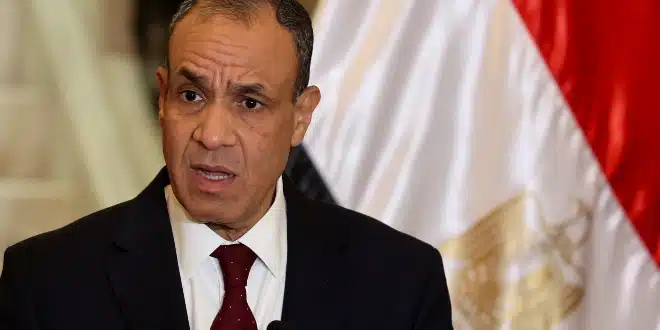Egypt has unveiled a comprehensive $53 billion initiative to reconstruct the Gaza Strip over a five-year period, focusing on immediate relief, infrastructure rehabilitation, and sustainable economic growth. This proposal is set to be deliberated at an extraordinary Arab summit in Cairo, presenting a stark alternative to U.S. President Donald Trump’s recent suggestion to assume control of Gaza and relocate its Palestinian inhabitants to neighboring countries such as Egypt and Jordan.
Phased Reconstruction Strategy
The Egyptian plan is structured into two primary phases: an early recovery phase and a subsequent reconstruction phase.
- Early Recovery Phase: Spanning six months with an estimated budget of $3 billion, this phase aims to address immediate needs by removing unexploded ordnance, clearing debris, and providing temporary housing solutions. To accommodate the displaced population, the plan proposes establishing seven designated sites within Gaza, offering temporary housing units for over 1.5 million individuals, with each unit designed for an average of six occupants. Additionally, initial repairs are planned for 60,000 partially damaged homes, potentially benefiting around 360,000 residents.
- Reconstruction Phase: This phase is divided into two stages over four and a half years.
- First Stage (until 2027): With a projected cost of $20 billion, efforts will focus on rebuilding essential infrastructure, including roads, utility networks, and public service facilities. The construction of 200,000 permanent housing units is planned to accommodate approximately 1.6 million people, alongside the reclamation of 20,000 acres of land.
- Second Stage (until 2030): An estimated $30 billion investment will be directed towards completing infrastructure projects, constructing an additional 200,000 housing units, and developing industrial zones, a fishing port, a commercial seaport, and an airport.
Funding Mechanisms
To ensure efficient and transparent funding, the proposal suggests the creation of an internationally supervised trust fund. Egypt also plans to host a high-level ministerial conference, bringing together donor countries, international and regional financial institutions, the private sector, and civil society organizations to secure the necessary financial support.
Governance and Security Provisions
The plan recommends forming a Gaza administration committee composed of independent technocrats and non-partisan figures under the Palestinian government, managing the territory for a transitional period of six months.
This approach aims to facilitate the Palestinian Authority’s full resumption of control. Egypt and Jordan are reportedly training Palestinian security forces to assume law enforcement responsibilities in Gaza, with calls for international and regional support to fund this initiative. The proposal also considers the potential deployment of international peacekeeping or protection forces in Gaza and the West Bank, as part of a broader strategy leading to the establishment of a Palestinian state.
Regional and International Responses
President Trump’s proposal to depopulate Gaza and transform it into a tourist destination has been met with widespread condemnation from Palestinians, Arab states, and various international partners, who reject any efforts to expel Gazans. In contrast, Egypt’s reconstruction plan emphasizes maintaining Gaza’s population, aligning with regional sentiments and international law.


